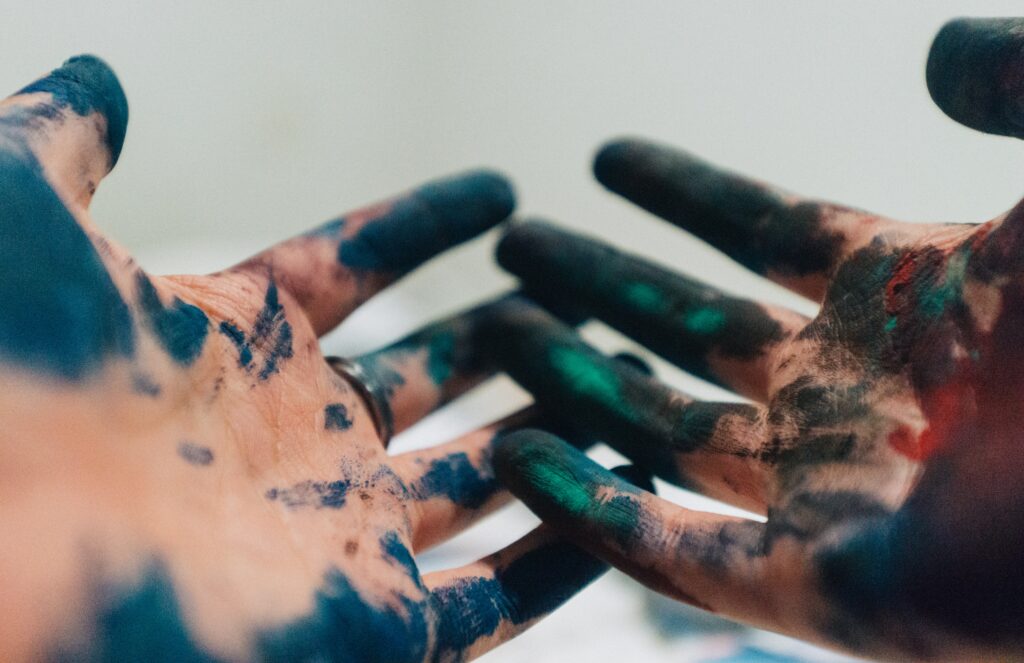As we near election day, The Greens have announced a new arts policy initiative ‘Creative Australia’ which among other ideas includes a proposal for a pilot program to pay artists a living wage which they suggest will be funded by “a ‘billionaires tax’, which would require big corporations making excessive profits to pay a ‘corporate super-profits tax’ and axe billions of dollars in handouts to the coal, oil and gas giants that are driving the climate crisis.”
The Greens suggest that this wage ‘will ensure artists are able to create without added pressures of living costs, and will give back to the economy through the work they create.’

The idea of a basic income for artists is not new. There are similar initiatives on the global stage as Jo Caust has reported for The Conversation. For example, the Republic of Ireland has launched its 3 year program to support 2,000 artists with applications closing just days ago. In the United States, there have been government funded ‘no-strings attached’ grants given to artists in New York City. In San Francisco and Minnesota, artists were supported with income for restricted periods, in most of these cases private funding was also welcome and important to the schemes, such as the case of Twitter founder Jack Dorsey who contributed to the San Francisco program. His support allowed the program to increase from supporting 130 artists for 6 months increasing it to supporting 180 artists for 18 months.
Caust’s research into artists in the pandemic included the key note that artists needed four main conditions to be able to practice successfully, namely a ‘regular income, a place to do their work, capacity to do their work and validation of their work.’
The Greens propose that up to 10,000 artists could receive $772.60 per week for 1 year. They also make mention of the forthcoming Irish initiative and flag France’s Intermittence du Spectacle, a wage guarantee and has been operational since 1936.
However in the French program, artists are eligible for support during irregular gigs, not solely support not tied to income as The Greens appear to be suggesting.
As Celina Lei pointed out, in this piece for ArtsHub ‘It might be worthwhile to note that six out of the 10 highlights in the Greens proposed arts policy are directed at live performance, live events, screen and streaming, though it does mention investment in arts education with the establishment of a new art school.’
For a comparison of policies and how to #VoteforArt follow NAVA’s coverage. Soon they will be posting a 2022 Federal Election Report Card measuring each of the major political parties’ policy statements against NAVA’s five policy priorities, which are;
- Put First Nations first
- Stimulate long-term sustainability
- Pay artists for their work
- Prioritise equity, cultural safety and accessibility
- Nourish arts education